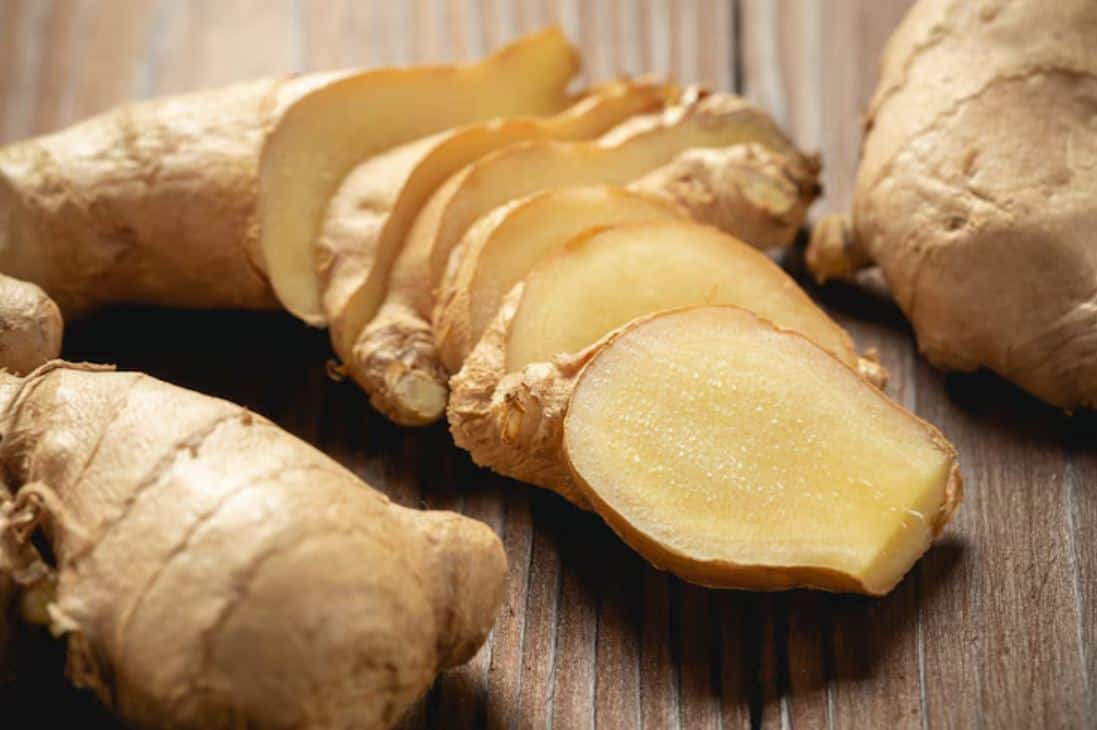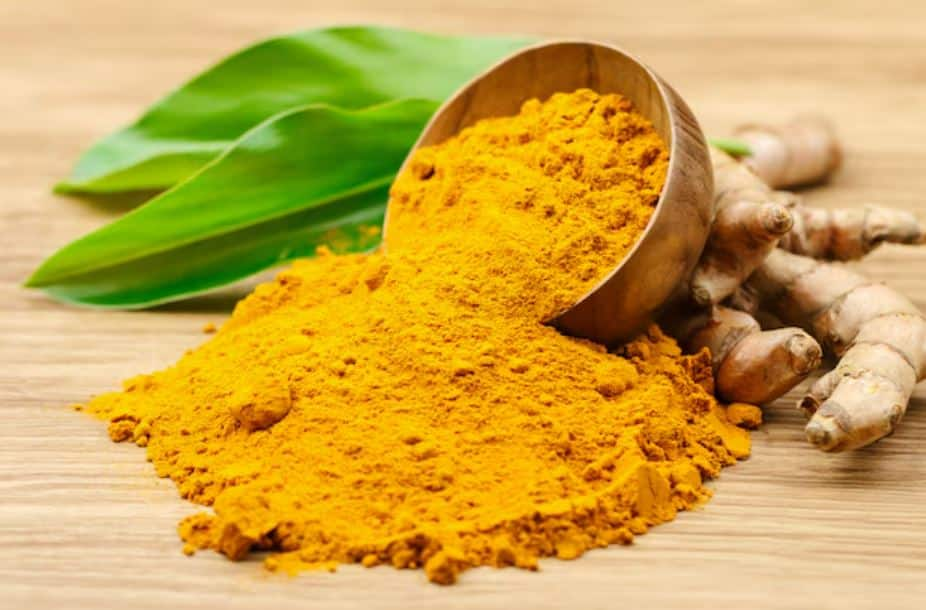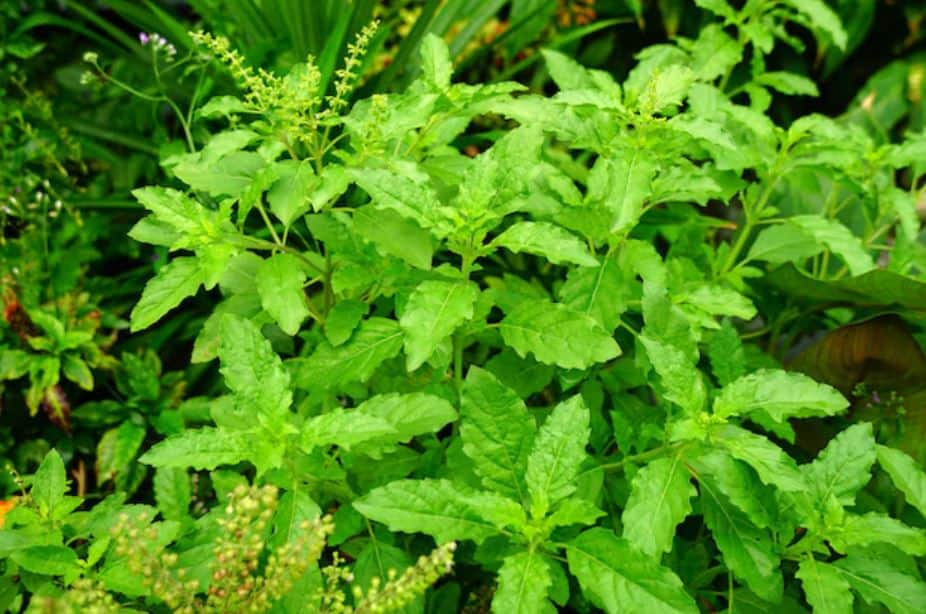Each year, the second Tuesday of May is observed as World Asthma Day, a global initiative to raise awareness about asthma, its far-reaching impact, and the critical need for improved treatment options. In 2025, this day will be marked on Tuesday, May 6, focusing on equity in care and access to life-saving treatments.
What Is Asthma?
Asthma is a chronic respiratory disease that inflames and narrows the airways, leading to breathing difficulties, wheezing, coughing, and chest tightness. According to the National Heart, Lung, and Blood Institute (NHLBI) and the National Institutes of Health (NIH), excess mucus production and airway tightening can severely impact an individual’s quality of life and, if left untreated, may even become fatal.
The Global Burden
According to the World Health Organization (WHO), over 250 million people across the globe live with asthma. In 2019 alone, approximately 455,000 asthma-related deaths were recorded. These numbers underline the global health emergency that asthma represents and the urgent need for accessible treatment.
Theme of World Asthma Day 2025
The theme for World Asthma Day 2025 is: “Make inhaled treatments accessible for all”, a call by the Global Initiative for Asthma (GINA). This theme emphasizes the importance of making inhaled medications available to everyone, regardless of geographic location or economic status. These inhalers are vital for daily asthma management and life-saving during attacks.
Ayurvedic Herbs that can Help Manage Asthma Naturally
Dr Smita Naram, renowned Ayurveda practitioner and co-founder of Ayushakti, shares natural, holistic approaches to managing asthma effectively using simple home remedies and herbs. She says, “Asthma, known as ‘Tamak Shwas’ in Ayurveda, is seen as a result of imbalanced Kapha and Vata doshas, leading to mucus accumulation and airflow obstruction. Thankfully, nature provides powerful tools to manage this condition—many of which are found right in our kitchens.”
Dr Smita shares three potent Ayurvedic herbs that can help support respiratory health and manage asthma symptoms when used regularly and properly.
1. Ginger (Adrak): The Anti-Inflammatory Powerhouse
Ginger is one of the most revered herbs in Ayurvedic medicine due to its incredible anti-inflammatory and antioxidant properties. It works wonders in opening the respiratory passages, reducing airway inflammation, and easing the breathing process.

How to use:
1. Daily Tonic: Boil a few slices of fresh ginger in lukewarm water, add 1 teaspoon of honey, and sip this soothing drink every morning. It not only clears the throat but also helps reduce phlegm formation.
2. Night Remedy: Mix a small quantity of dry ginger powder with 1 teaspoon of castor oil, and consume it with warm water before bedtime. This combination helps reduce inflammation overnight and supports easier breathing.
2. Turmeric (Haldi): Nature’s Natural Steroid
Turmeric is a golden spice widely known for its active compound curcumin, which has powerful anti-inflammatory and immune-modulating effects. Regular consumption of turmeric helps in reducing lung inflammation and supports the body’s natural defense against allergens and pollutants that often trigger asthma attacks.

How to use:
1. Add a pinch of turmeric to a cup of boiling water and drink this herbal infusion twice a day. This simple yet effective remedy not only detoxifies the lungs but also acts as a preventive shield during seasonal changes.
2. For enhanced results, turmeric can also be combined with warm milk (golden milk) at night to boost lung capacity and immunity.
3. Tulsi (Holy Basil): The Sacred Respiratory Healer
Tulsi, or Holy Basil, is a sacred herb in Ayurveda and is widely regarded for its respiratory and anti-inflammatory benefits. It helps in loosening phlegm, clearing the nasal passages, and reducing bronchial inflammation. It is especially helpful during allergic episodes or seasonal transitions.

How to use:
1. Chew 4-5 fresh tulsi leaves daily on an empty stomach to purify the lungs and improve immunity.
2. Alternatively, brew tulsi leaves in tea or boil them in water with a dash of honey and drink this herbal decoction twice daily for best results.
In Ayurveda, treating asthma isn’t just about suppressing symptoms—it’s about nurturing the lungs and rebalancing the body’s internal energies. Herbs like ginger, turmeric, and tulsi offer a holistic, side-effect-free approach to managing asthma when used consistently and mindfully. However, these remedies should complement, not replace, any prescribed allopathic treatments.
For those living with asthma, combining Ayurvedic wisdom with a healthy lifestyle and prescribed medications can significantly enhance respiratory strength, reduce dependency on emergency treatments, and improve overall quality of life.
Before starting any herbal regimen, it’s best to consult an Ayurvedic practitioner, especially for chronic or severe asthma cases.
:max_bytes(150000):strip_icc():format(jpeg)/Health-GettyImages-2177502752-47a7385bbc284648b51a74f3f9d610ab.jpg?w=350&resize=350,250&ssl=1)
:max_bytes(150000):strip_icc():format(jpeg)/Health-GettyImages-2177502752-47a7385bbc284648b51a74f3f9d610ab.jpg?w=120&resize=120,86&ssl=1)




















